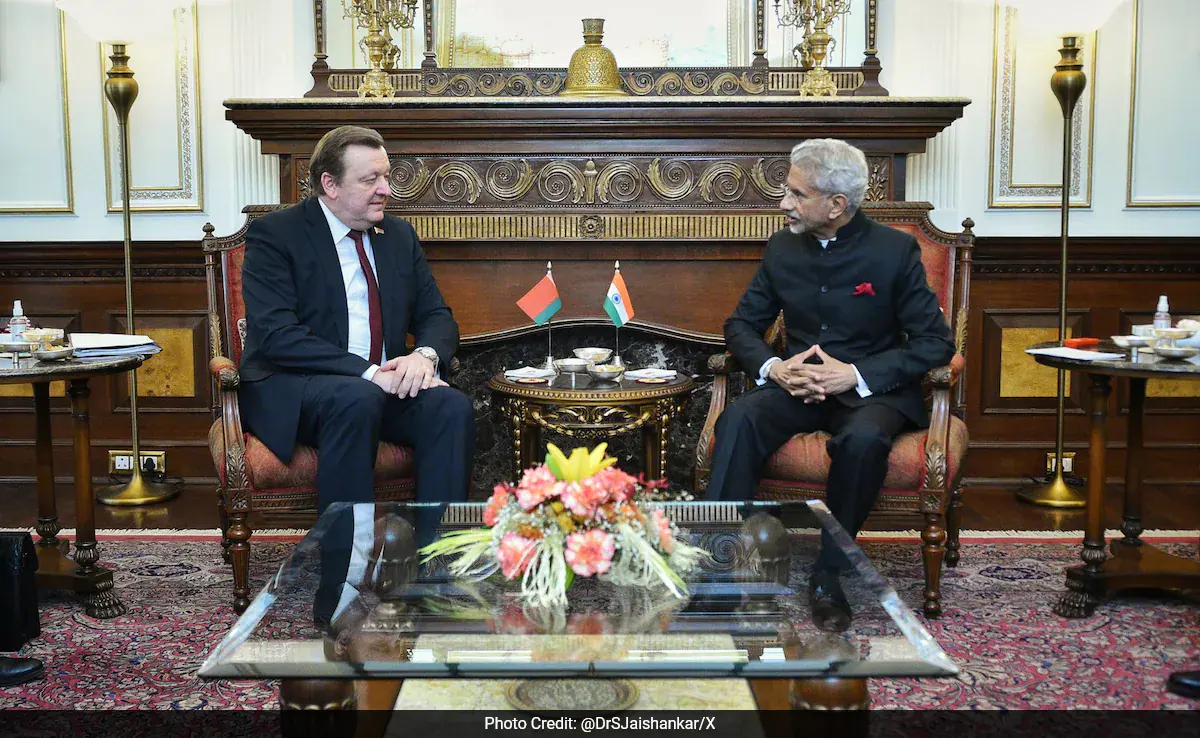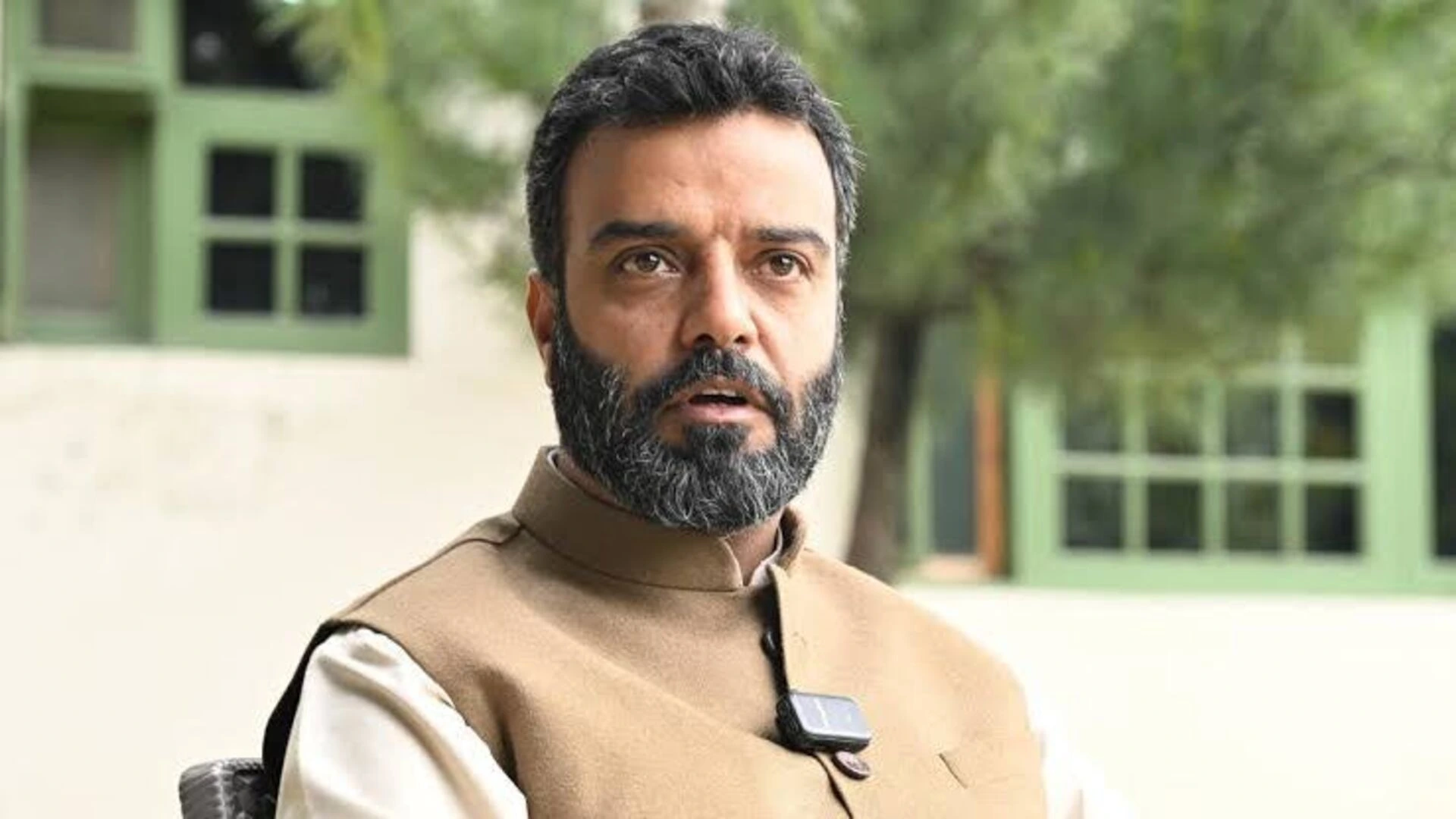This week, joining the Indian voice for reforms in the United Nations Security Council (UNSC), Belarusian Foreign Minister Sergei Aleinik, stated that his nation fully supports India’s call for a permanent seat in the UNSC as well as its proposed model for UNSC reforms. This week, while visiting India, the Belarussian Foreign Minister stated, “We (Belarus) also discussed this issue and are convinced that UNSC reforms should be facilitated. It is a long-lasting issue which is being discussed within the UN, taking into account the very fragile situation in the world today.” On the other hand, the US ambassador to Japan, Rahm Emanuel, stated in Tokyo this week that The US-Japan relationship is evolving from one that was always focused on alliance protection to the one focused on ‘alliance projection’.
UNSC, as a key organ of the UN with significant power to influence global dynamics, is primarily tasked with ensuring global peace and security. It consists of 15 members (five permanent and 10 temporary) since the establishment of the UN in 1945 when it had 51 members. Despite the increase in member nations to over 190 and changing geopolitical conditions, the structure of the UNSC remains reminiscent of its origins in the 1940s. India has been active in advocating for reforms within this powerful international body, particularly aiming for region-based representation which has garnered support from both developed and developing nations.
Last week, while speaking at the Intergovernmental Negotiations on Security Council reform (IGN), India presented a comprehensive proposal on behalf of the G4 nations (Brazil, Germany, Japan, and India) for reforming the UNSC. The proposal suggests adding new permanent members by electing them democratically by the UN General Assembly. India has consistently advocated for changes in global governance structures and seeks a permanent seat at the UNSC. During participation in the IGN, India’s Permanent Representative to the UN, Ambassador Ruchira Kamboj, emphasized that achieving tangible progress on this long-standing matter should be a priority in light of the UN’s upcoming 80th anniversary next year. India’s ‘G4 model’ received significant support from various other UN member states during debates, discussions, and negotiations.
The G4 proposal from India suggests an expansion of the UNSC’s membership from present 15 to 25, with the addition of six permanent members and four or five non-permanent members. The plan advocates for two new permanent members each from African states and Asia Pacific states, one from Latin American and Caribbean states, and another from Western European and other states. This model emphasizes that the current composition of the UNSC leads to significant under-representation, which impacts its legitimacy and effectiveness in addressing global conflicts as well as maintaining international peace and security. Hence it stresses an urgent need for reform due to these shortcomings.
However, the G4 model does not specify which member states should occupy the new permanent seats. India has stated that this decision should be made by the General Assembly in a democratic and inclusive election. As Kamboj emphasized that any reform failing to address representation issues, especially in the permanent category, would worsen existing imbalances in the Council’s composition and hinder its ability to tackle current international challenges. Additionally, the model also contains flexibility on veto powers, a contentious issue among member states as they strive to advance the slow-moving reform process. India proposes that while the new permanent members nations would have similar responsibilities and obligations as current ones in principle, they would not exercise veto power until it is decided during a review process. Currently, only China, France, Russia, the UK and the US hold veto powers and have used them to block action on global challenges such as those seen in Ukraine and Gaza.
While India is trying to build a consensus on the much-awaited UNSC reforms, Japan and the US are focusing on ‘alliance projection’ against the Chinese manoeuvrings. This week, the US ambassador to Japan, Rahm Emanuel, stated in Tokyo, that The US-Japan relationship is evolving from one that was always focused on alliance protection to the one focused on ‘alliance projection,’. It means Japan and the US are set to project broader partnerships in the Indo-Pacific region.
Considering the major security challenge posed by China in the Indo-Pacific region, Japan has also approved a major plan to focus on its maritime security and its national interests. Earlier also, Japan announced its remilitarization considering the threat posed by China. Japan has also revised its Development Cooperation Charter, which has been approved by its PM’s Cabinet to address broadening China concern and the impact of Russia-Ukraine war. Under the revised charter, Japan is giving the priority to the triggered situation in Indo-Pacific region due to the aggression of China and the crises generated due to Russia-Ukraine war in the domains of food and energy security. Japan is also working quadrilateraly at the platform of Quadrilateral Security Dialogue (QUAD) with India, Australia and the US to ensure safe, secure, stable and neutral Indo-Pacific region.
Ensuring regional and global security is the need of the hour considering the changing situations in the geo-political realms. Hope the multilateral platforms renovate to promote peace, prosperity and stability.
The author is Professor, School of International Studies, JNU







